Whether You're Keeping a Hand Written or Digital Journal
Here’s How to Write a Journal, Stay Inspired, & Be Consistent...
There seems to be many questions around how to write a journal. Believe it or not, these questions keep most people stuck from even starting! Don't worry we are about to answer EVERY question in details to help you get from "unstuck" to inspired.
If you're like most of our My LifeJars Tribe, you’ve picked up an empty notebook or opened up a document digitally and attempted to start journaling. Maybe, you were really inspired for the first few days... weeks even, but as time passed, you’ve lost your steam and gave up. For the sake of those half written in and then discarded journals… here's how to write a journal.
Exactly how to write a journal, stay inspired, & be consistent...
First, let's start by talking about why you would want to keep a journal:
There are so many reasons to learn how to write a journal. Maybe you want to keep track of your day to day life, log your health, record progress toward your goals, or document special memories.
Journaling is an easy and effective way to keep a physical or digital archive that you can keep to yourself or share with others!

Next, it's important you understand the many benefits of journaling:
The benefits of keeping a journal include but are definitely not limited to:
When exploring how to write a journal...
It's important to know the different types
As you know, journaling is such a personalized experience. There are endless types of journals you can keep or write a journal that covers all different aspects of your life. Your imagination is the only limitation.
A few of the most popular types of journals are
Daily Journal
This is a more casual type of journal. Where you would write down the events of your day. You would also include how you were feeling, any challenges, or accomplishment of the day.
An example of an entry in this journal:
Today I visited my parents. Work's been so busy it has been hard to make the time. It was really great to see them and I should not wait so long in between visits. Mom made Sunday Gravy! I felt like I was a kid again. We watched a movie together. Dad fell asleep fifteen minutes in, as usual. It's wonderful to see that my parents are enjoying retirement.
Life Journal
This is a more reflective type of journal where you capture events and experiences of your life. You would include details of places you lived and people who shared your life with as well as more broader references to the era .
An example of an entry in this journal:
I was born in a small country town outside Austen called Dripping Springs. Back then, dirt tracks wound through the center with just a few essential shops lining the main street. Work's been so busy it has been hard to make the time. I remember how the dust kicked up when a truck drove by - how I coughed when that happened! I was the first born and 2 siblings followed; Jack 3 years and Lisa 5 years younger. Lisa always had her hair in braids and wore checked dresses, which most girls back in the early 60's.
Dream Journal
Many people see dreams as the brain’s way of recapping and understanding the events of the day. Others see dreams as representations of repressed emotions or issues. Because of this, many people find it important to learn how to write a journal and keep track of their dreams.
Some keep a notebook on their nightstand. If they wake up in the middle of the night, they jot down their dreams. However, most wait until the morning to record their dreams.
An example of an entry in this journal:
Last night I had a dream that I was underwater, drowning. No matter how hard I tried I could not make it to the surface for air. Jake and Emily were in the dream as well. I can't believe how real this felt. Maybe this is symbolizing my stress about upcoming work project? Or the wedding? Both are overwhelming me right now (even though I am super excited to soon be Mrs. Jackson.)

While it’s always helpful to look at some examples and ideas of other successful journals, don’t forget to make it personal.
Health Journal
In this type of journal, you would track down your daily actions, symptoms, and time of day you experienced the symptoms. Ideally, you would describe in detail what it felt like, how long the symptoms lasted, etc. You may also use your health journal to keep track of weight or fitness progression and goals.
An example of an entry in this journal:
Woke Up 9:00am, took my medicine. 9:15 cereal, coffee, and 12oz of water. 12:00pm popcorn. 3:30pm I met Kerry for pizza at 3:00pm only drank water. 4:30pm I felt a sharp pain in my stomach.............Overall, I drank 80oz of water, got my walking in and I did not experience any migraines today.
Food Journal
A food journal is similar to a recipe book but this includes more than just the recipes, it includes the experiences as well!
An example of an entry in this journal:
Mom's Chicken & Rice Soup: Whenever my sisters and I were sick mom use to make this for us! She called it her liquid penicillin. Ingredients: 3 Carrots peeled, 1 Spanish Onion, 3 Celery Stalks, 2 Cups of Chicken Broth,.... First, dice all the vegetables. Second, add butter to pot and sautee the onions, when translucent add the rest...
Gratitude Journal
Within a gratitude journal, you would write about things you’re grateful for, whether its specific to the day you’re writing on or something you’re generally grateful for.
An example of an entry in this journal:
I was running late to work today and I almost missed the train. A kind man held the door when he saw me running. Because of that, I was able to get to work on time. I am very grateful for him. Or… When I came home today, my husband had dinner prepared and the kids already bathed. I was able to enjoy the time with my family instead of feeling rush to get everything done and feeling guilty for not spending quality time with the kiddos. I am always so grateful for my husband and kids. They keep me going.
One of the biggest decisions you'll have to make when learning how to write a journal is...
"Will I keep a digital or paper journal?"
Okay, so now you will have to decide if you're going to keep a handwritten journal or a digital journal. Hmm... decisions, decisions!
Well, the truth is, this will come down to your personal preference. But we'd thought we would help you out by outlining the pros and cons for each.
Paper Journal
Pros
Cons
Digital Journal
Pros
Cons
It's important to note that as technology has advanced, many people have found alternative methods to keeping a handwritten journal. There are a variety of digital journaling softwares and note-taking apps to choose from. And of course, you could always write your entries in Google docs or Microsoft Word. However, with many entries documents can become cumbersome.
Check out how My LifeJars can help you Journal Digitally
Capturing your journal with My LifeJars has so many advantages over a handwritten journal. The Memory Jars help guide you to structure a life journal of any type with a template and prompts.
Most importantly it gives you so much flexibility about who reads what and when...
Each memory entry can be shared with the public or the Tribe of family and friends you build, be accessed by only one or a few individuals or kept private just for you. You can also decide when people can view each memory, now or as part of your legacy after you’ve gone.
Additionally, with each memory you can choose to allow other to add their recollections, and to share your memory.

